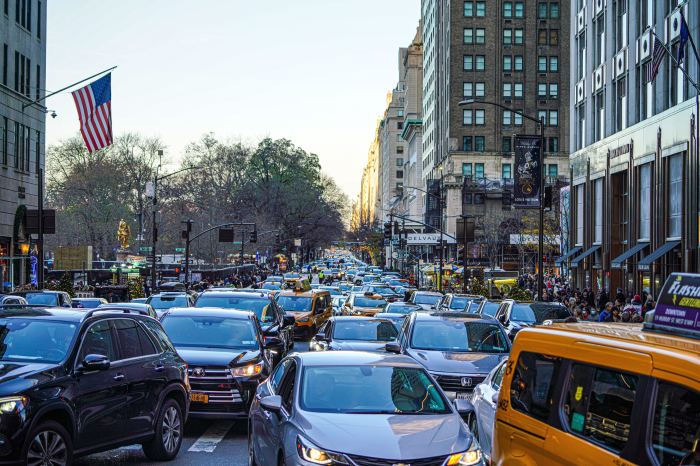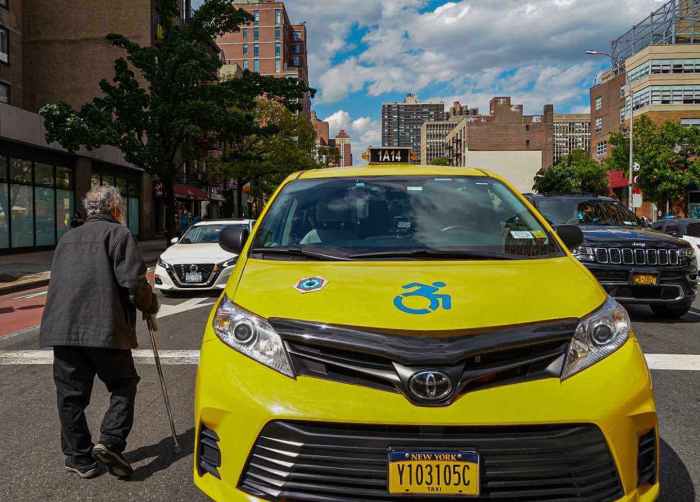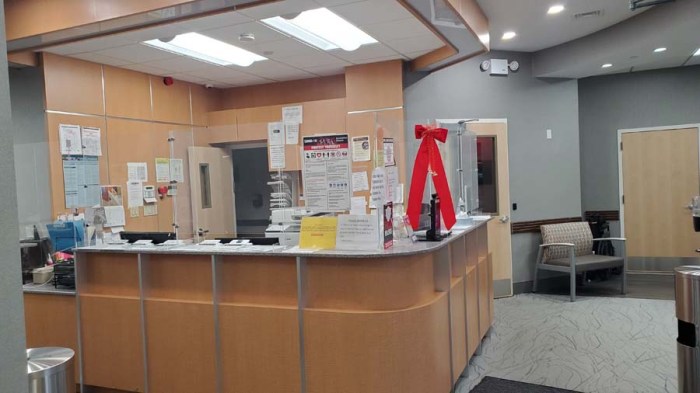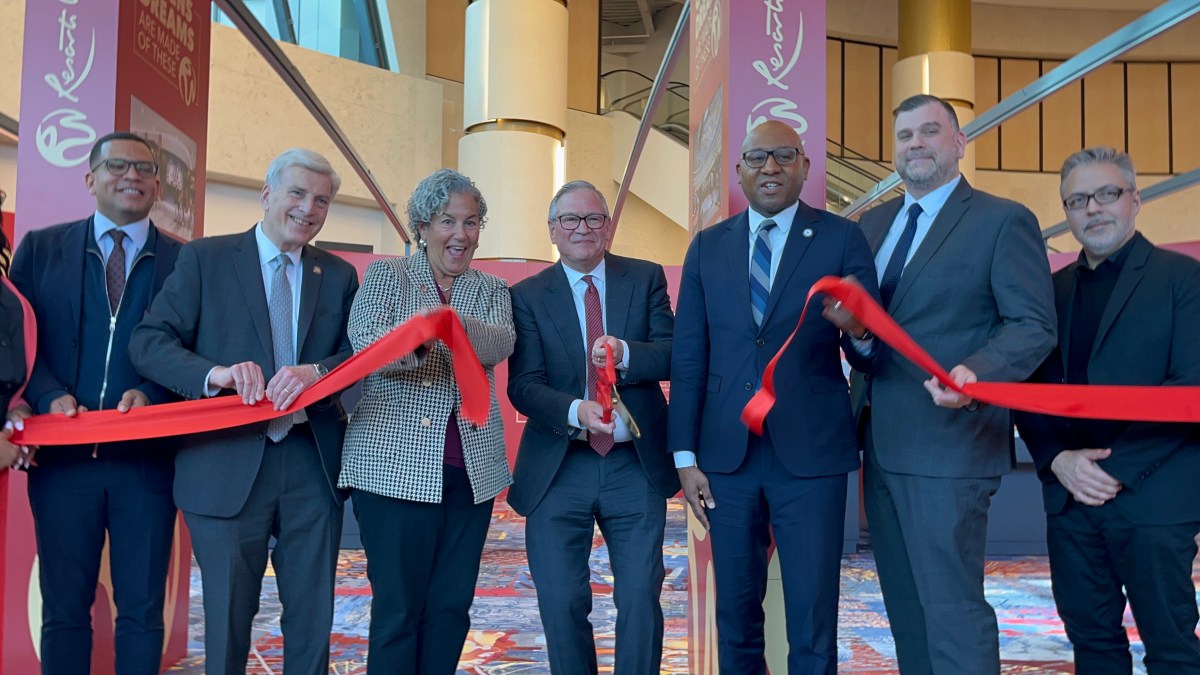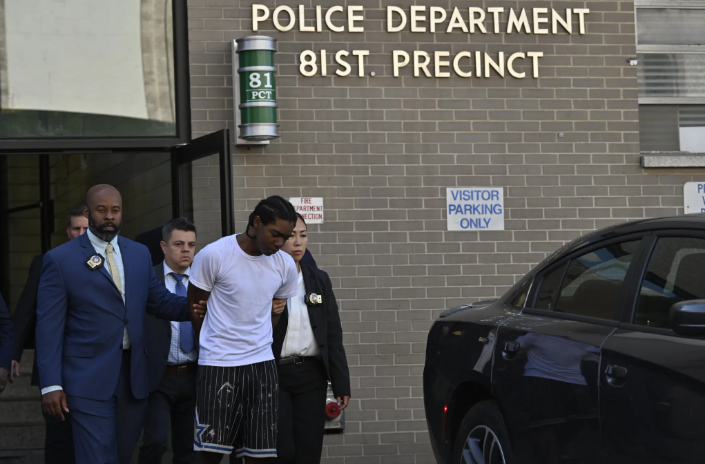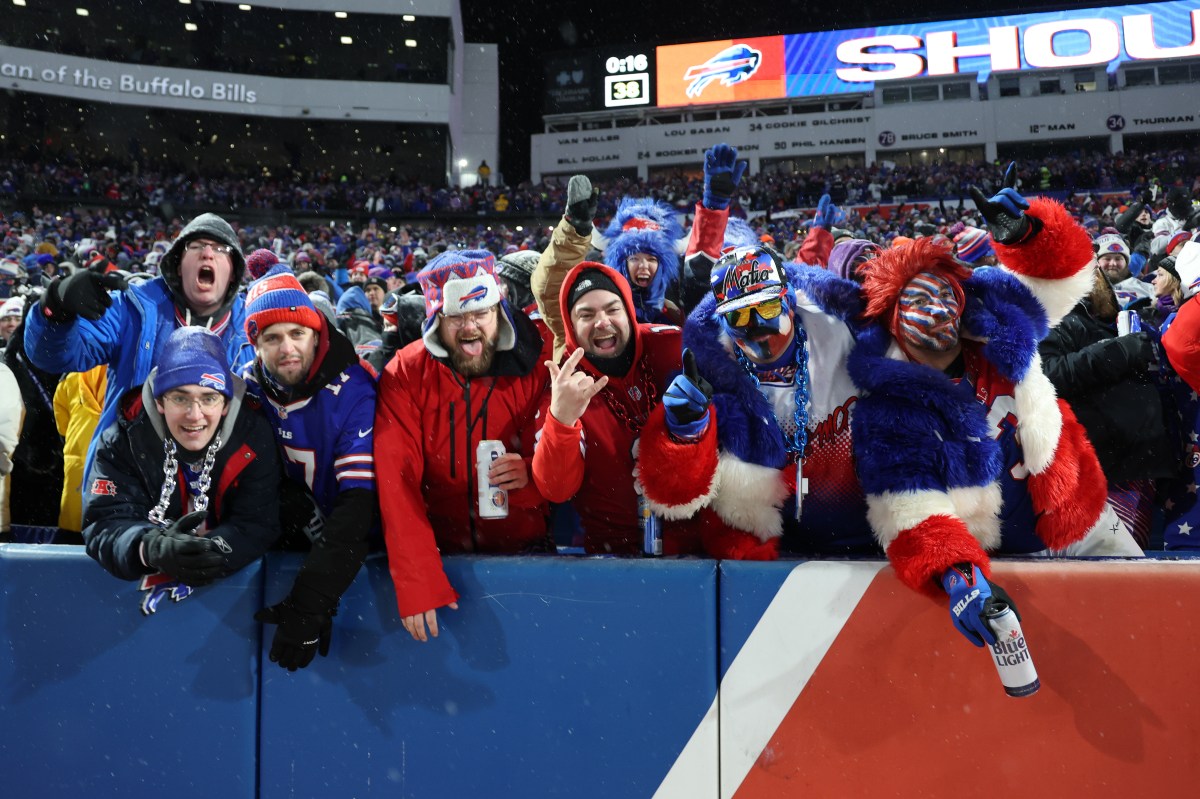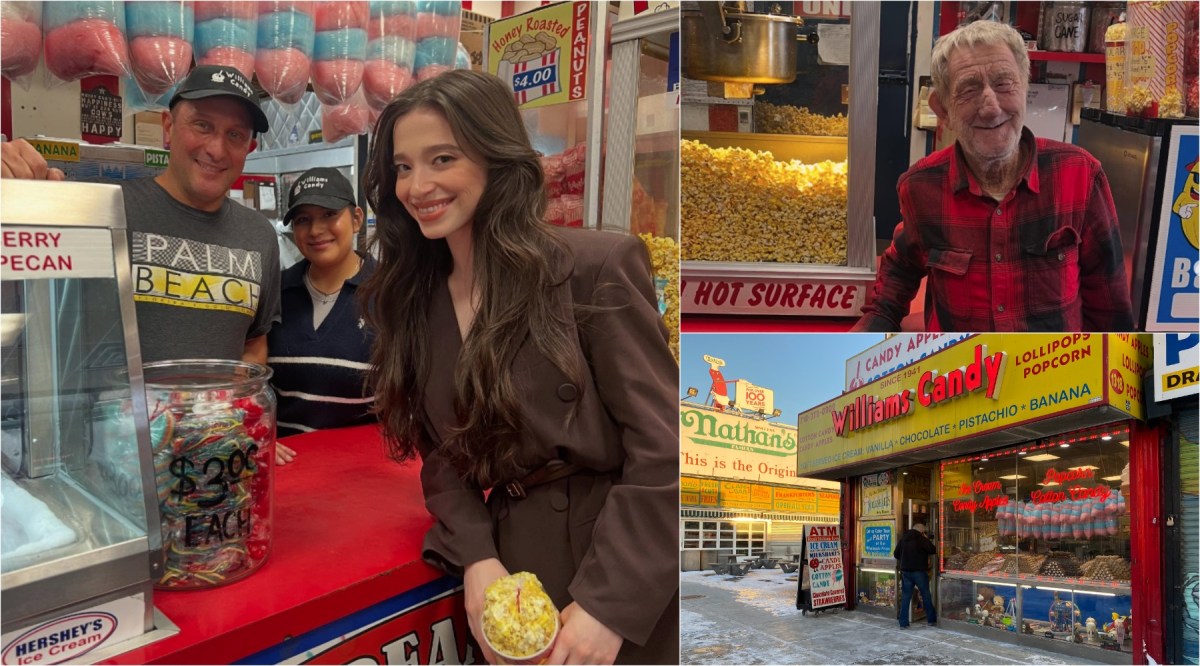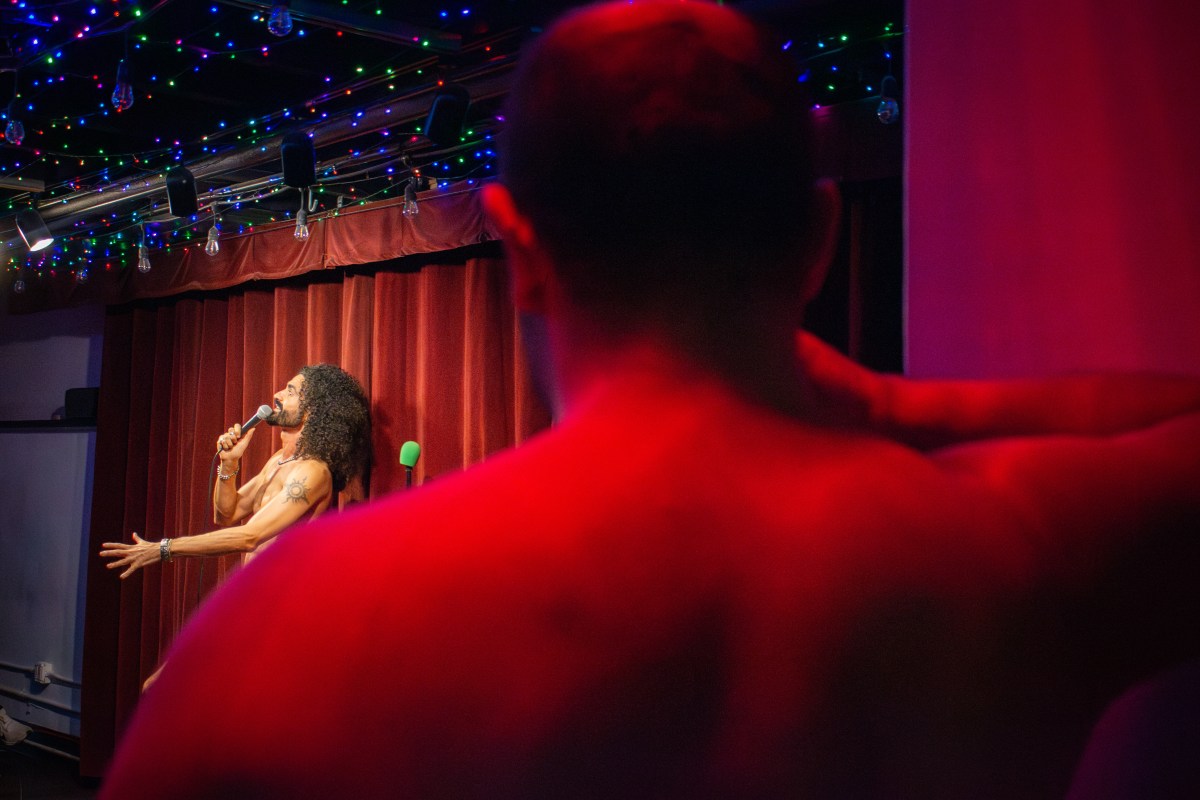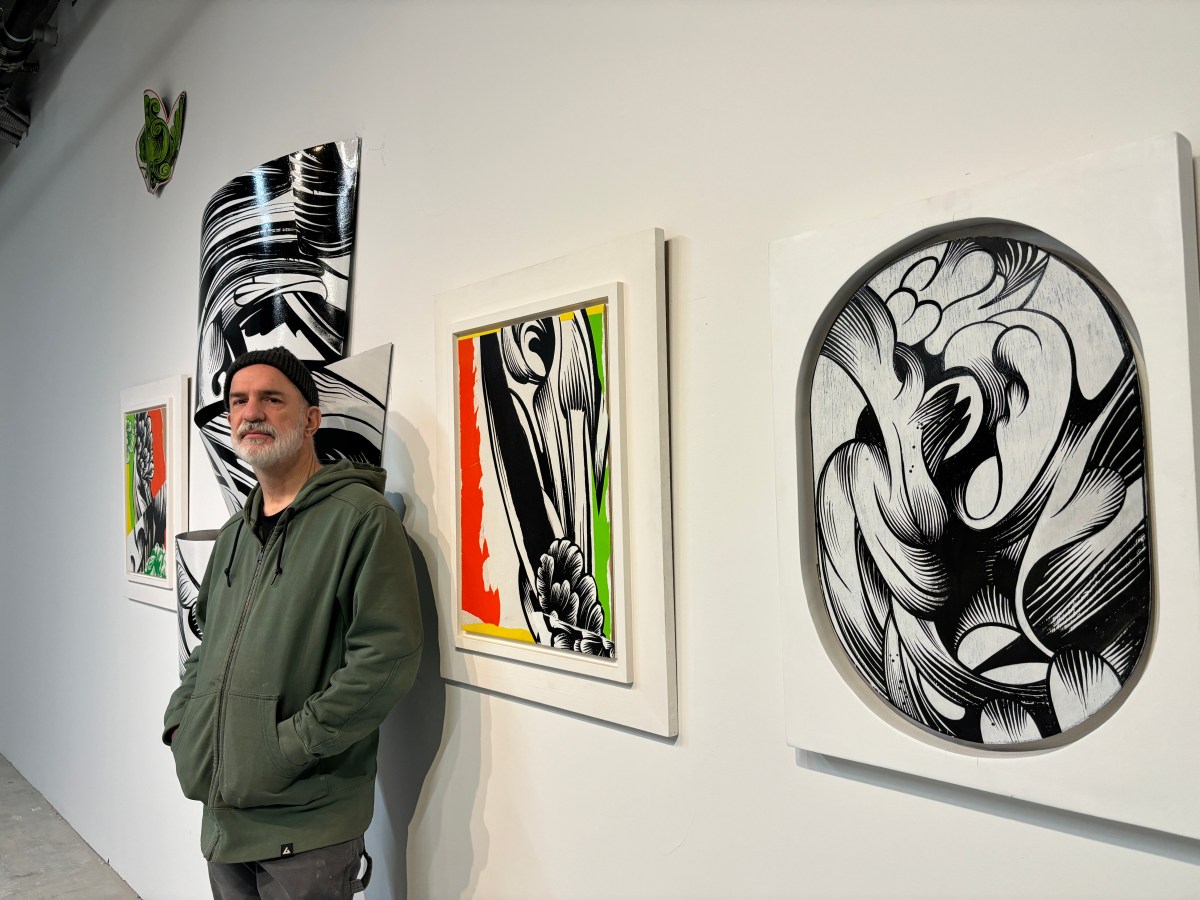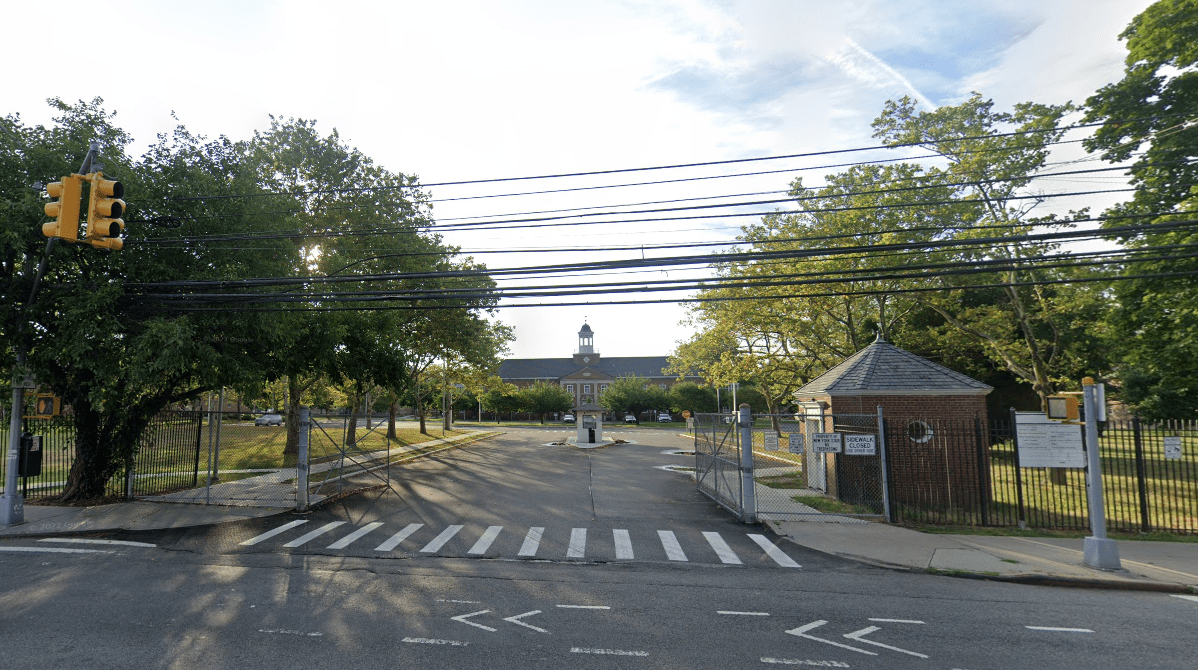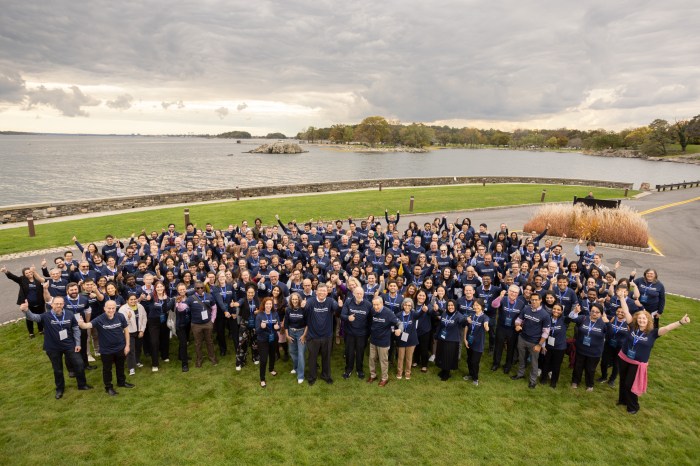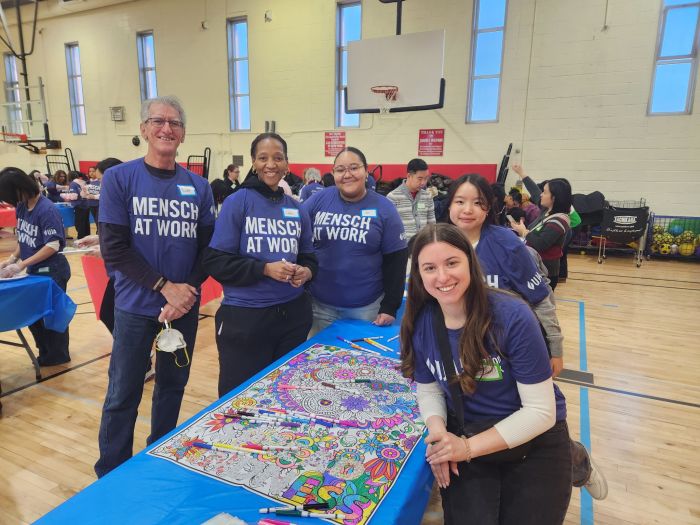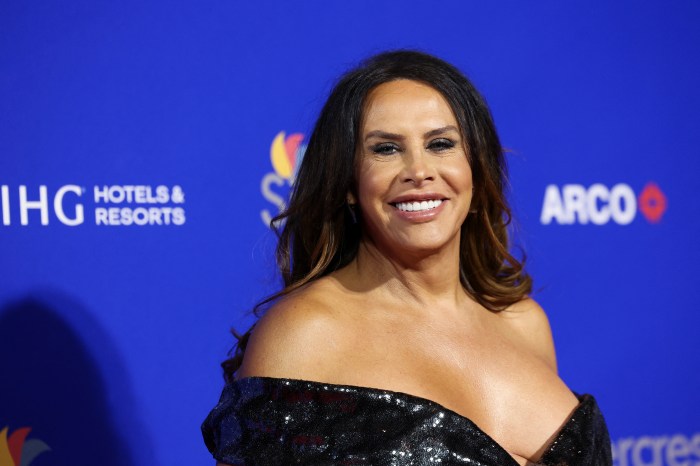Former marine Fredy Tello, of Woodhaven, was stunned when he saw that veterans would wait up to four hours on trips to and from the Veterans Affairs Hospital in New York City — and decided to launch his own car service in lower Manhattan.
The passengers, who use wheelchairs, would rely on private companies that use federal contracts to pick up veterans. Others relied on the MTA’s Access-a-Ride service.
“Sometimes they give up on going to their appointments, because it takes so long for transport to get them,” said Tello, 45. “I think we are doing a disservice to our veterans, and they deserve better.”
Tello served in the military for 22 years, after retiring from the Marines in 2011. When he came back, he became fascinated with the transportation industry when he started driving for Uber — as well as seeing the miserable conditions veterans in wheelchairs faced.
The Taxi and Limousine Commission said at least 150 drivers who have identified as veterans have applied this year citywide to work as cabbies — from taxis to black and livery cars. Almost 115 were approved between February and September 2015.
“It’s always great to see these success stories emerge from our regulated businesses, but knowing that this company was built from scratch by someone who served our country with honor takes it to another level altogether,” said TLC Commissioner Meera Joshi in a statement.
Although Tello doesn’t use a wheelchair, he served in both Iraq wars and suffers from post-traumatic stress disorder. He would use the Veterans Affairs Hospital on 23rd Street for mental health treatment, as well as basic healthcare.
Telo started the car service, called SempeRide, in 2014. The name comes from phrase “semper fidelis,” which is the motto of the Marines, and means always faithful.
He drew on his experiences working for Lyft and Uber, and tries to pass that onto his drivers.”We’ve loved seeing the important work that Fredy has done for the veteran community in New York. Thousands of veterans turn to ridesharing services like Lyft for flexible income and the opportunity to connect with their community, and Fredy’s efforts help make the transition that much easier for them,” said Lyft spokeswoman Paige Thelen.
Telo became one of Uber’s top-rated drivers when he worked for the app. He always offered free WiFi and water, and tried to keep a well-maintained car.
“My secret is I treat every customer the same way,” Telo said. “I think that’s a recipe for success. I’m a stickler about service.”
His car service now has 12 in its fleet, including a wheelchair-accessible van. Their trips range from bringing veterans to appointments; picking up other disabled passengers that need the van; and more typical corporate black car reservations. Telo says their customers even include actor Steve Buscemi and actress Maggie Q.
“I differentiate my services from other bases [because] I don’t charge the customer for every little thing, like wait times,” he said. “We monitor the flights so we know exactly when it’s landing. If it’s delayed, we’ll wait. We don’t charge extra time, gas surcharges, rush-hour surcharges. Once I quote a price, I offer very transparent services.”
Veterans that drive for him include Rudolph Altema, 37, who served in the Navy and Air Force. He was deployed to Iraq when he was in the Air Force Reserve.
Altema, who lives in St. Alban’s, said he connected with Telo through the Iraq and Afghanistan Veterans of America organization. He likes the flexibility of the work, which lets him set his hours.
“I wanted a change, I wanted to be a civilian again,” he said. “There’s no schedule, there’s no pressure, there’s no boss breathing down your neck.”
Telo has been working with Lyft and Uber to see if there is a way his base can partner with them to provide more efficient rides with veterans. He hasn’t been able yet to get a federal contract to provide service at Veterans Affairs Hospitals, though he takes passengers there privately.
Thomas Rovitti, 72, of Astoria, uses his service to go to the hospital. He was a solider in the Vietnam War, and doesn’t want to miss an appointment because a driver is hours late.
‘”It’s dependable,” he said. When you don’t get there on time, you have to wait a month to be rescheduled.”
He said he can relate to other veterans because he faced chemical exposure during the wars, and suffered trauma that affected his mental health. “Being a wounded warrior doesn’t mean it’s visible to anyone,” he said. “It’s really important to help others, veteran to veteran.”




